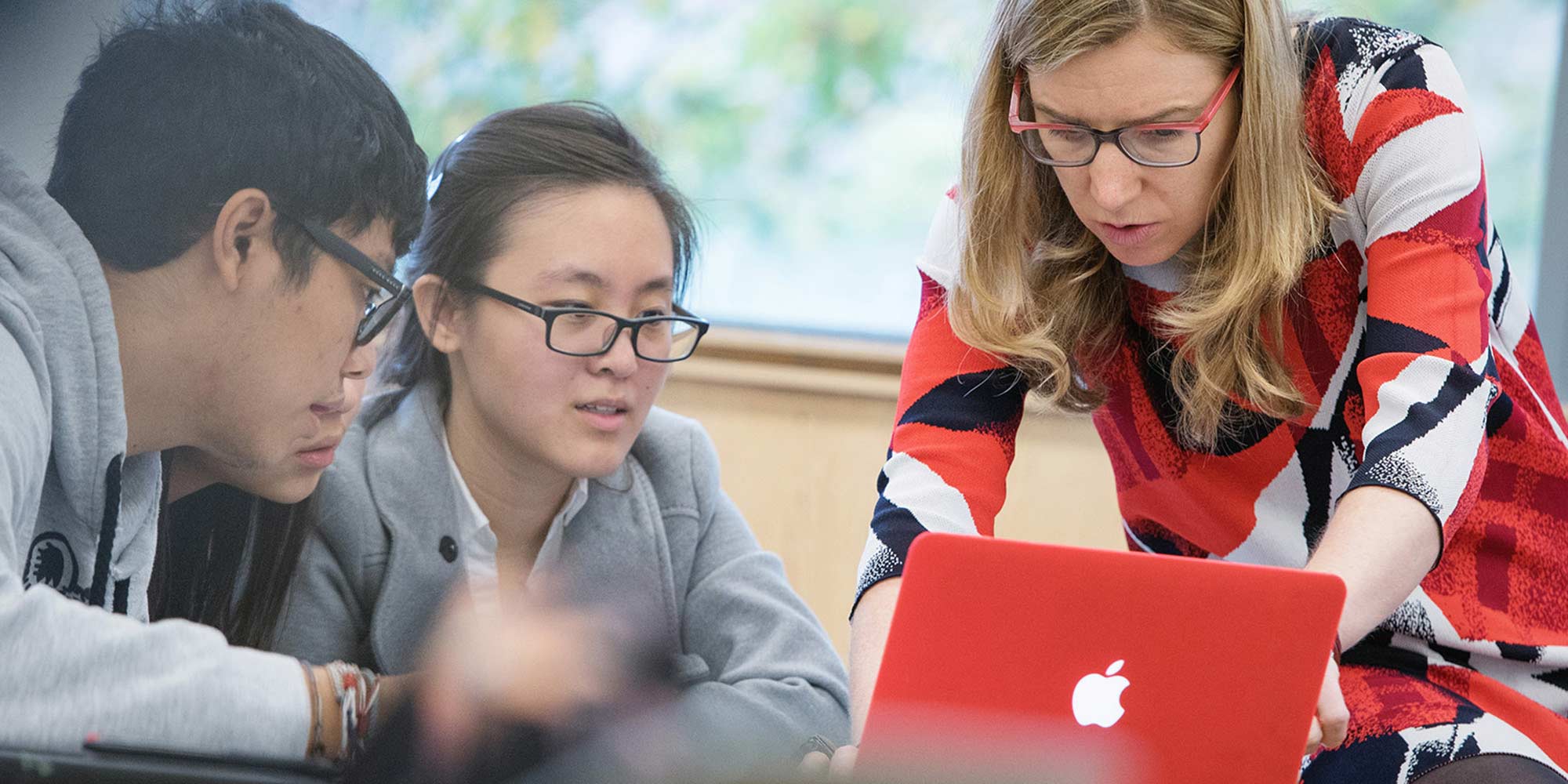The BA Human Geography program emphasizes the changing regional patterns of human behaviour in order to understand the cultural, economic, social and political forces that shape the landscape.
Program Options
Program Overview
The complex modern world needs agile thinkers and problem solvers. The Human Geography program is a broad based, interdisciplinary degree that will encourage you to investigate the relationships between places, cities, societies and the environment, and develop critical thinking and analytical skills. There is a strong emphasis on social and environmental justice in the program, and you will learn from a range of perspectives including feminist, Indigenous and Black geographies, economic and political theory, and sustainability.
For the first two years, you will gain a comprehensive introduction to the field of human geography, and in the 3rd and 4th years you can select more focused options. Students are expected to select at least two courses from each concentration and four courses from the Research and Methods concentration.
These courses encompass social and cultural geography (migration, social justice, carceral geographies), historical geography (environmental history, colonialism and imperialism) and feminist, Indigenous and Black Geographies (gender, sexuality, race and intersectional approaches).
These courses cover urban geography and economic geography, emphasizing contemporary forces of globalization. This includes economic, historical, political, and social perspectives on urban life and land use, and the inequalities that arise. Additionally, we consider the geographies of manufacturing, the resource sector, and economic development.
These courses focus on our relationship with the environment. They include the study of climate change, environmental sustainability, political ecology, community development, environmental policy and resource management. There is also the opportunity to study more specialized fields such as water management.
These courses teach geographical skills and research methods, including interviewing, archival work, cartography, remote sensing, Geographical Information Science, statistics and the analysis of data bases such as the census. Our seminar and research classes are designed to offer more hands-on applications.



